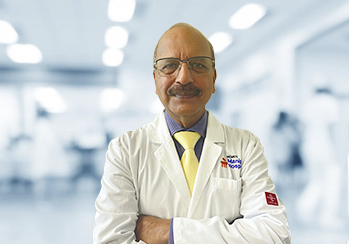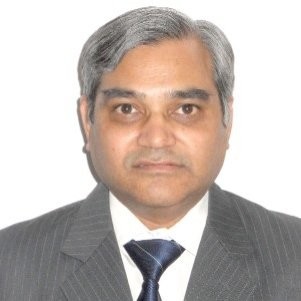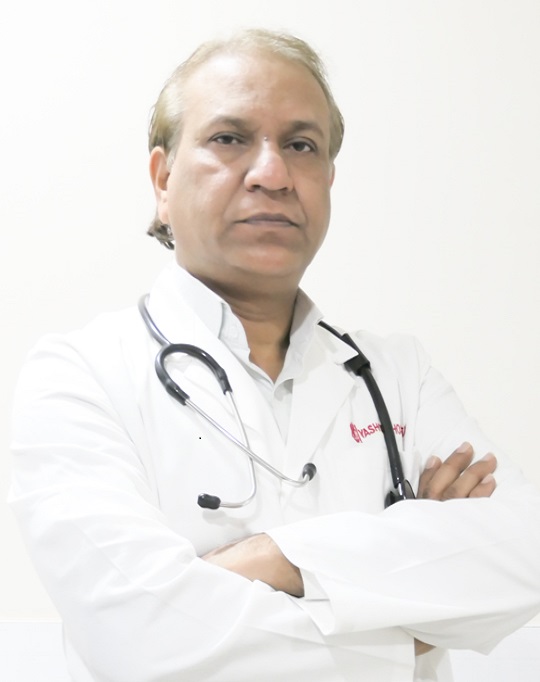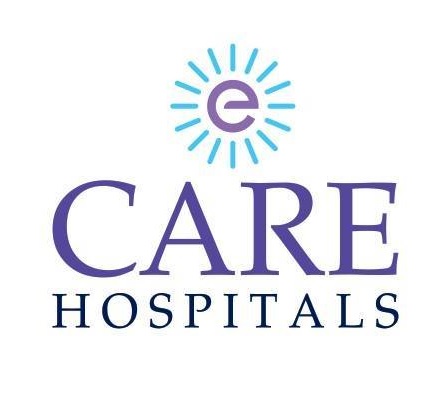Doctors create a treatment plan to help relieve the symptoms and prevent sudden cardiac death (SCD). The prescribed medicines help reduce the heart rate and enable the heart to pump blood more efficiently.
Non-surgical Treatment
Hypertrophic cardiomyopathy treatments are available in Ayurveda, Homoeopathy, and Allopathy. These are as follows:
Ayurveda
The following therapies of Ayurveda involving herbs and rejuvenating processes are effective for hypertrophic cardiomyopathy treatment :
- Abhyangaand Snehana include massaging and external oleation or using medicated oils externally. Regularly applying herbal oils helps restore arterial strength and improve cardiac function.
- Swedana (passive heat therapy) is also beneficial among cardiac patients in research by Sonare and Wackchaure in 2023. The patients were subjected to herbal and medicinal steam that relieves contraction issues of the left ventricle.
- Hridya Basti involves providing continuous heat in the form of warm medicinal oil on Urah Sthana (location of the heart). This leads to a better blood flow from the arteries by broadening the arteries.
- Hrudaya Dhara also helps in regaining cardiac functioning by using an herbal mixture. During this technique, the mixture is dripped over the heart (externally) from the appropriate height.
Along with these therapies, certain herbs are used to treat hypertrophic cardiomyopathy. These help calm the effect of the doshas and remove the toxins from the body. These herbs are:
- Ashwagandha: It contributes to cardiac muscle building and subsequently strengthens it.
- Dashamoola: A combination of ten dried herbs and is highly beneficial in reducing inflammation. Thus, it reduces the intensity of various symptoms like breathlessness and fatigue. It is also considered for eliminating toxins and increasing cardiac muscular strength.
- Arjuna: This herb is used in Ayurveda to increase the blood supply in HCM patients. It acts like a preventive medication and lowers cardiac damage. The herbal substance also helps alleviate symptoms like decreased oxidative stress and breathing issues.
- Elaichi: A simple kitchen ingredient has shown to be significantly beneficial as a blood thinning agent. In Hypertrophic Obstructive Cardiomyopathy patients, it enhances blood supply from and to the heart. Although, it is not recommended for individuals who consume anticoagulant medicines and pregnant women.
Homoeopathy
Some homoeopathic therapies for hypertrophic cardiomyopathy include :
- Aurum Metallicum: These support the treatment of irregular heartbeat and heart failure.
- Digitalis Purpuria: This is also prescribed as a remedy for heart failure and irregular heartbeat.
- Strophanthus: Doctors prescribe this remedy for leg swelling and heart failure.
- Crataegus: It is also referred to as a heart tonic. Doctors advise this medicine for heart weakness.
Medications
Regular medications prescribed for hypertrophic cardiomyopathy treatment include:
- Beta-Blockers and Calcium Channel Blockers: These help treat breathlessness and chest pain. They improve the blood flow to the heart and decrease the blockage of blood flow to the body.
- Antiarrhythmic Medications: These drugs help correct the heart rhythm by modifying the electrical current responsible for the heartbeat..
- Anticoagulants: These are blood thinners that consist of medicines to help prevent blood clots.
Surgical Treatment
The surgeries and procedures advised for the treatment of hypertrophic cardiomyopathy are:
- Septal Myectomy: This is open-heart surgery and is advised if medications do not provide relief from symptoms. In this surgery, doctors remove a part of the thickened wall so that more blood can fill the chamber and flow into the body. It also helps prevent the backward flow of blood into the mitral valve between the left atrium and the left ventricle (chamber).
- Septal Ablation: This procedure involves injecting pure alcohol into the artery. This destroys the portion of the thickened muscle in the artery and clears the blockage.
- Implantable Cardioverter-Defibrillator (ICD): Doctors implant this device to monitor the heartbeat and heart rhythm. In the case of an arrhythmia, this device delivers a shock and restores the heart rhythm. ICD is recommended for people at a higher risk of cardiac arrest.
Cost of Hypertrophic Cardiomyopathy Treatment
The cost of hypertrophic cardiomyopathy treatment in India depends on the severity of the condition and the chosen hospital. Many hospitals offer packages that include consultations, diagnostic tests, surgery or procedures, and hospital charges.
Below are the rough cost estimate ranges for treatment options for hypertrophic cardiomyopathy:
Treatment Options | Cost Estimate Range |
Septal Myectomy | ₹ 3,00,000 to ₹ 5,00,000 |
Septal Ablation | ₹ 1,00,000 to ₹ 1,75,000 |
Implantable Cardioverter-Defibrillator (ICD) Implantation | ₹ 6,00,000 to ₹ 7,50,000 |
Prognosis and Survival Rate
The annual mortality rates in people with HCM range from less than 1% to 3-6%. According to studies, these numbers have improved over the years. However, studies suggest that the condition carries a high risk of complications and death.
Screening of parents is crucial in identifying this condition in children before the onset of symptoms. People with hypertrophic cardiomyopathy are at a high risk of recurrent heart failure. It is a progressive condition that deteriorates over time if left untreated.


























